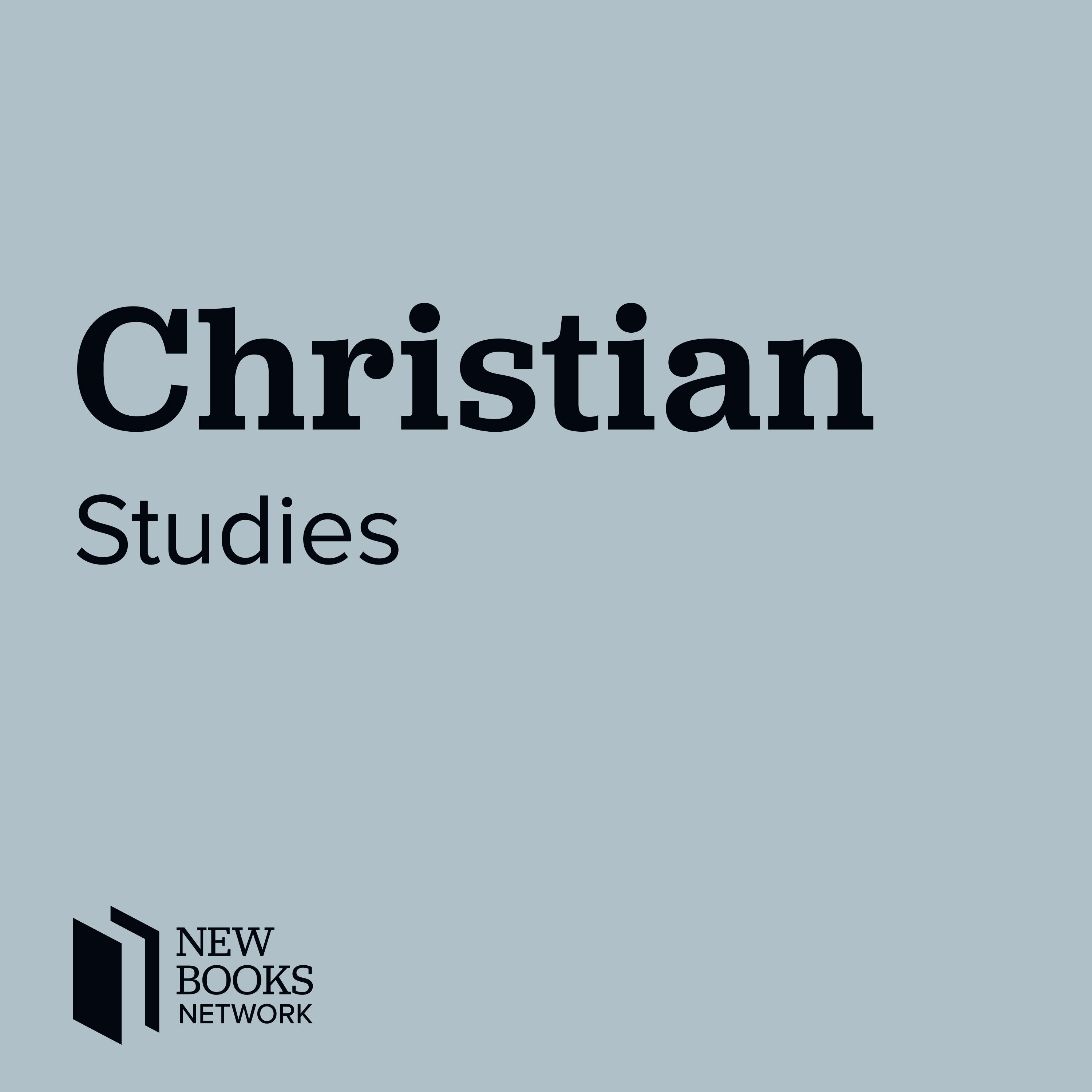Jennifer K. Seman, "Borderlands Curanderos: The Worlds of Santa Teresa Urrea and Don Pedrito Jaramillo" (U Texas Press, 2021)
Description
Recent global events have unmasked inequitable healthcare systems that disproportionately affect poor Latinx populations along the U.S-Mexico border. Professor Jennifer K. Seman’s recent publication offers a brief insight into these inequities by approaching borderlands modes of care from a historical perspective to reveal how two vital practitioners of curanderismo – “An earth-based healing practice that blends elements of Indigenous medicine with folk Catholicism” (1) – served their communities to heal physical and societal ills at the turn of the twentieth century. Borderlands Curanderos: The Worlds of Santa Teresa Urrea and Don Pedrito Jaramillo (University of Texas Press, 2021) follows the biographies of these two Mexican folk healers as they traverse borders during a moment of increased nation-building, as they are implicated in the world of the spiritualist movement, and stand firm in their faith as they are wedged against professional modern medicine.
Seman grounds the history of curanderismo in the cross-cultural exchange between European, Native American, and African heritages and practices that depend largely on the belief that there is a connectedness between the mind, body, and spirit. By utilizing institutional and non-institutional archives, newspaper accounts, and built environments in which Santa Teresa and Don Pedrito traversed and are memorialized, Borderlands Curanderos offers a detailed look at their lives. One major thread linking the curanderos is how they negotiated the state and state power during the early 20th century in Mexico and the United States. “It was their extraordinary responses to the failure of institutions that made Santa Teresa and Don Pedro threats – and, in some cases, assets — to the states and institutional authority,” (4) writes Seman. In other words, their medicine did not come from the state, the church, or professional medicine, as argued in her book, but rather from a distinct cultural practice that revitalized the sick. These two healers took on the insurmountable task of tending to people and geographies who were experiencing the aftermath unleashed by settler colonialism and enslavement; or, as Seman would argue, the generational susto brought on by conquerors and settlers (9).
Jonathan Cortez is currently the 2021-2023 César Chávez Postdoctoral Fellow in the Department of Latin American, Latino, and Caribbean Studies at Dartmouth College. You can follow Jonathan on Twitter @joncortz
Learn more about your ad choices. Visit megaphone.fm/adchoices
Support our show by becoming a premium member! https://newbooksnetwork.supportingcast.fm/christian-studies
More Episodes
Temeko Ricardson grew up in the Protestant American tradition; she was a “GPK” (grand-pastor-kid) from a family of church leaders. She has been thinking about Christianity and social issues—failure to include God’s people into His Church, fractured families, homelessness—and how to weave out...
Published 04/25/24
J.N. Darby and the Roots of Dispensationalism (Oxford University Press, 2024) describes the work of one of the most important and under-studied theologians in the history of Christianity. In the late 1820s, John Nelson Darby abandoned his career as a priest in the Church of Ireland to become one...
Published 04/24/24
Published 04/24/24


